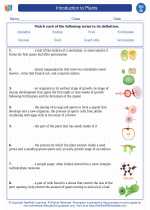Seas: An Overview
Seas are large bodies of saltwater that are partially enclosed by land. They cover about 70% of the Earth's surface and play a crucial role in regulating the planet's climate and supporting diverse ecosystems.
Key Concepts to Understand
- Formation: Seas can be formed through various processes, including the flooding of a land area by the ocean, the creation of a sea basin through tectonic movements, or the filling of a depression by water.
- Salinity: The salt content in seas can vary, but they are generally more saline than freshwater bodies such as lakes and rivers. This salinity is primarily due to the accumulation of dissolved minerals from the Earth's crust and the weathering of rocks.
- Biodiversity: Seas support a wide array of plant and animal life, including phytoplankton, fish, marine mammals, and coral reefs. The biodiversity of seas is influenced by factors such as water temperature, nutrient availability, and the presence of light.
- Human Impact: Human activities, such as overfishing, pollution, and climate change, have significant impacts on seas and their ecosystems. Understanding and mitigating these impacts is crucial for the long-term health of marine environments.
Study Guide
1. Physical Characteristics of Seas
Study the physical properties of seas, including their depth, temperature variations, and the impact of tides and currents on their dynamics.
2. Marine Ecosystems
Explore the diverse ecosystems found in seas, from coastal areas to the open ocean, and the factors that influence the distribution of marine life.
3. Human Interactions with Seas
Examine the ways in which human activities affect seas, including the exploitation of marine resources, pollution, and the consequences of climate change on marine environments.
4. Conservation and Management
Consider the strategies and approaches used to conserve and sustainably manage seas and their resources, including the establishment of marine protected areas and international agreements aimed at preserving marine biodiversity.
By understanding the fundamental concepts and dynamics of seas, we can appreciate their importance and work towards their preservation for future generations.
.◂Biology Worksheets and Study Guides High School. Introduction to plants
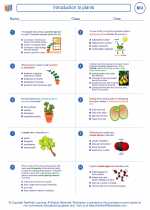
 Worksheet/Answer key
Worksheet/Answer key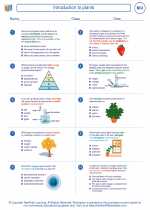
 Worksheet/Answer key
Worksheet/Answer key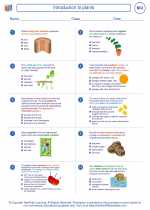
 Vocabulary/Answer key
Vocabulary/Answer key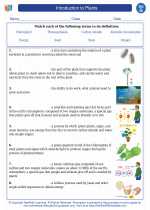
 Vocabulary/Answer key
Vocabulary/Answer key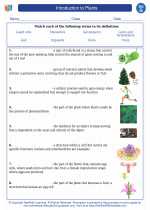
 Vocabulary/Answer key
Vocabulary/Answer key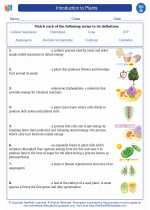
 Vocabulary/Answer key
Vocabulary/Answer key
 Vocabulary/Answer key
Vocabulary/Answer key